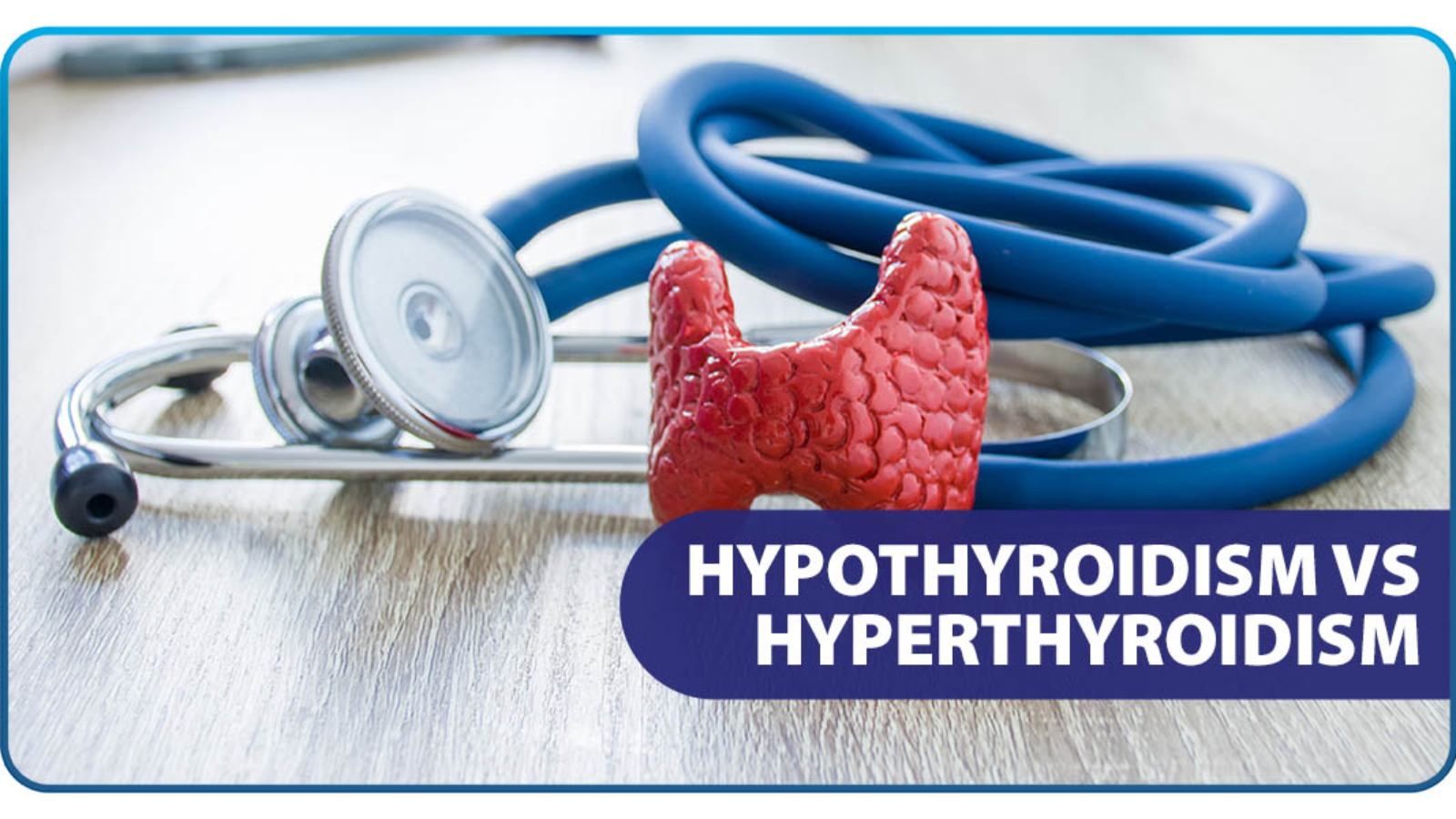Thyroid disorders are prevalent, affecting millions of individuals worldwide. Dr. Abhishek Karmalkar, a distinguished Thyroid Specialist in Pimpri Chinchwad and recognized as the Best Thyroid Doctor in the region, is here to guide you through the intricate world of thyroid health. In this comprehensive guide, we’ll explore the two most common thyroid disorders: Hypothyroidism and Hyperthyroidism. Understanding their differences is crucial for accurate diagnosis and effective treatment.
The Thyroid Gland: A Vital Player
Before we delve into these disorders, it’s essential to grasp the thyroid gland’s fundamental role in our bodies. This small, butterfly-shaped gland, located in the neck, produces hormones (T3 and T4) that regulate metabolism, energy levels, and various bodily functions.
Hypothyroidism: Sluggish Thyroid
Causes: Hypothyroidism occurs when the thyroid gland underperforms, leading to insufficient hormone production. Common causes include autoimmune conditions (like Hashimoto’s thyroiditis), radiation therapy, and certain medications.
Symptoms: Hypothyroidism often presents with symptoms such as fatigue, weight gain, cold intolerance, dry skin, depression, and muscle weakness.
Diagnosis: Blood tests measuring TSH (Thyroid-Stimulating Hormone) and thyroid hormones (T3 and T4) confirm hypothyroidism.
Treatment: Hypothyroidism is typically managed with synthetic thyroid hormone replacement medication (levothyroxine) to restore hormone levels.
Hyperthyroidism: Overactive Thyroid
Causes: Hyperthyroidism is the opposite of hypothyroidism, characterized by excessive thyroid hormone production. Grave’s disease, nodules on the thyroid gland, or inflammation can trigger this condition.
Symptoms: Common signs include weight loss, rapid heartbeat, anxiety, heat intolerance, tremors, and insomnia.
Diagnosis: Blood tests, similar to those for hypothyroidism, are used to diagnose hyperthyroidism. TSH levels are low, while T3 and T4 levels are elevated.
Treatment: Treatment options for hyperthyroidism may involve medication to control hormone production, radioactive iodine therapy to shrink the thyroid gland, or in some cases, surgery to remove part or all of the thyroid gland.
Differences at a Glance
- Hormone Levels: In hypothyroidism, TSH levels are elevated due to the body’s effort to stimulate the underactive thyroid. In hyperthyroidism, TSH levels are low because the thyroid is overactive and doesn’t require stimulation.
- Metabolic Rate: Hypothyroidism slows down metabolism, leading to weight gain and fatigue. Hyperthyroidism accelerates metabolism, causing weight loss and increased energy.
- Heart Rate: Hypothyroidism often results in a slower heart rate, while hyperthyroidism can lead to a rapid heartbeat.
- Mood and Energy: Hypothyroidism is associated with low energy levels and depression. Hyperthyroidism can cause anxiety and irritability due to excessive energy.
Conclusion
Thyroid disorders are complex, but understanding the differences between hypothyroidism and hyperthyroidism is crucial for proper diagnosis and treatment. Dr. Abhishek Karmalkar, the Best Thyroid Doctor in Pimpri Chinchwad and an esteemed Endocrinologist, is dedicated to helping individuals manage their thyroid health effectively.
If you suspect a thyroid issue or have concerning symptoms, seek expert guidance from a Thyroid Specialist in Pimpri Chinchwad like Dr. Karmalkar. A timely diagnosis and appropriate treatment can restore thyroid balance and improve your overall well-being.
Don’t Let Thyroid Disorders Hold You Back. Contact Dr. Abhishek Karmalkar, the Best Thyroid Doctor in Pimpri Chinchwad, for Expert Thyroid Treatment!

